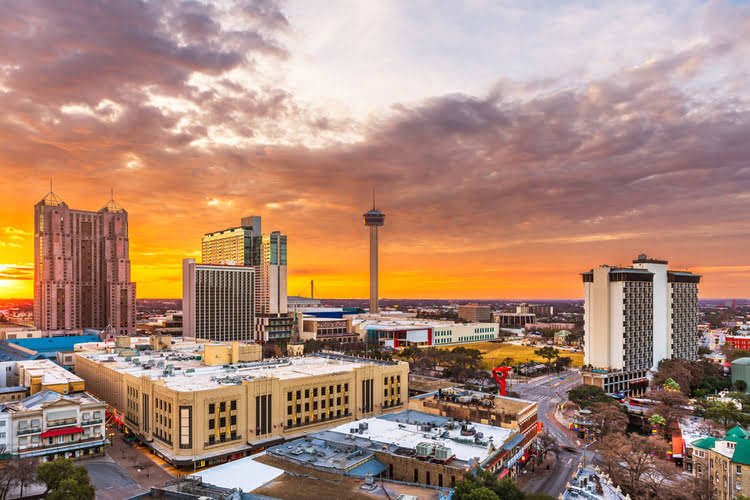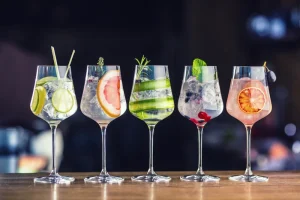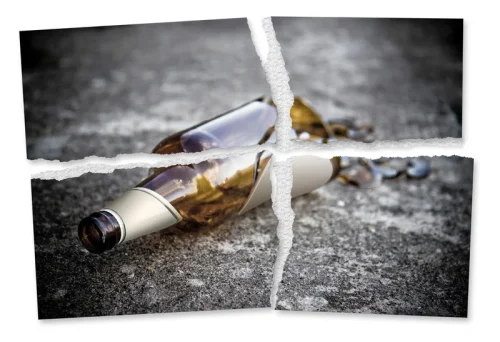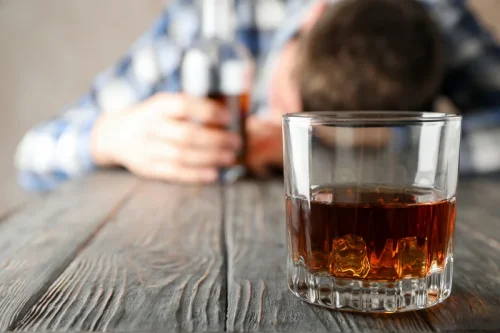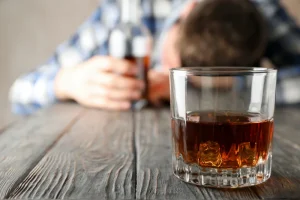Why Do Alcoholics Crave Sugar? The Science Behind the Cravings
Wednesday, October 27th, 2021
Processes such as craving, tolerance, withdrawal, and sensitization have been observed in both human and animal studies in the context of sugar addiction and narcotic dependence. Unravel why people with alcohol use disorders crave sugar and learn coping strategies for recovery. A healthcare professional can help identify any underlying issues that contribute to sugar cravings and develop personalized coping strategies. They may also address any nutritional deficiencies that may be contributing to the cravings. Understanding the reasons behind sugar cravings in recovering alcoholics involves exploring various behavioral patterns that contribute to this phenomenon. Two significant factors in this regard are habitual behaviors and routines, as well as the desire for instant gratification.
Top Techniques in Day Treatment
- But the urge typically fades, and there are strategies to handle it in the meantime.
- Connecting with individuals who have similar experiences can provide a sense of understanding and community.
- Explore effective ways to reduce alcohol use, understand health risks, and discover treatment options.
Eating certain foods high in nutrients may help improve mood while foods low in nutritional value and high in sugar may be a hinderance to one’s mood. Eating a whole foods plant based diet can help stabilize blood sugar levels, resulting in a reduction of sugar cravings as well as alcohol cravings. Maintaining a healthy nutritional lifestyle is a form of self-care and is indicative of caring about your wellbeing, in which case you will be more inclined to care about your sobriety.
Importance of Proper Nutrition and Hydration
- Alcoholic subjects preferred the sweeter sucrose solutions that were given.
- Here are some strategies to help individuals in recovery find a balance and develop healthier coping mechanisms.
- Overweight individuals may be more susceptible to alcohol relapse than those who maintain physical health through proper nutrition and physical activity.
- This phenomenon may be linked to certain genes underlying sweet preference in alcohol- and drug-dependent individuals, as well as in children of paternal alcoholics.
- Therapy, medication, and recovery programs can all have benefit for reducing and preventing cravings.
- They can also provide emotional support and help recoverees navigate other aspects of their recovery journey.
This reduction in serotonin levels can contribute to feelings of depression and anxiety, which may trigger sugar cravings as individuals seek to alleviate these negative emotions. Furthermore, alcohol can also affect other neurotransmitters such as gamma-aminobutyric acid (GABA) and glutamate. GABA is an inhibitory neurotransmitter that helps to reduce anxiety and promote relaxation, while glutamate is an excitatory neurotransmitter involved in learning and memory.
- The answer lies in the connection between sugar addiction and alcoholism, and the role of dopamine deficiency in cravings.
- Overall, it’s clear that sugar cravings among recovering alcoholics can be influenced by both physical and emotional factors.
- Explore the critical link between drug addiction and pregnancy, including risks, effects, and support options.
- Therefore, individuals in recovery are encouraged to prioritize their nutrition as a form of self-care that can positively impact sobriety.
- Weight gain can result in a low mood, potentially triggering a relapse to alcohol.
- Initially, like all addictions, addiction to alcohol has physical, psychological, and behavioral roots.
Unveiling Effective Inpatient Rehab Guidelines

When faced with stressors, the body’s stress response can activate the same brain regions that are involved in addiction. This can heighten the desire for substances that provide temporary relief, why do alcoholics crave sugar such as alcohol or sugar. When it comes to understanding why recovering alcoholics often experience intense sugar cravings, it’s important to consider the biological factors at play.
What to do After Alcohol Detox Treatment
- It is important to remember that each person’s recovery journey is unique, and finding what works best for you may require some trial and error.
- Understanding these factors can help in managing these cravings and support the recovery journey.
Other smaller studies have observed similar relationships between abstinence and sweets cravings in people with alcohol use disorder (AUD). However, you’re still dealing with an addiction that can cause health problems in the long term. This is because your brain is used to the dopamine rush of alcohol, and sugar provides a similar rush. Fulfilling your caloric needs with sugar instead of healthy, nutrient-dense foods to heal during and after detox means you aren’t getting what your body needs.
Importance of Professional Support
Further research is needed to explore the potential of interventions targeting sweet-cope and emotional regulation in managing sugar cravings during alcohol recovery. Furthermore, regular alcohol drinkers can become tolerant to sugar from their alcohol intake. This tolerance can lead to individuals in recovery from alcohol abuse experiencing cravings for sugar, which can potentially replace alcohol cravings, leading to a possible sugar addiction. Eating a whole foods plant-based diet can help stabilize blood sugar levels, reduce cravings for sugar, and address both sugar and alcohol cravings in recovery. This approach to nutrition can support a more balanced mood and overall better well-being during the recovery process. Food, especially high-sugar foods, should not be a substitute for alcohol.
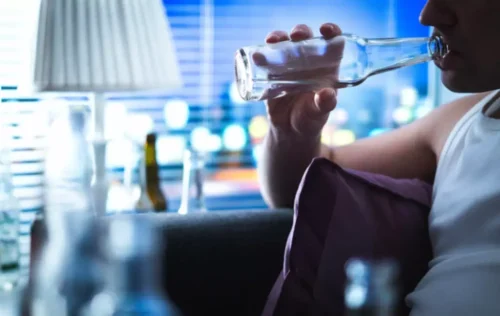
Many individuals in recovery experience emotional challenges, such as anxiety and depression, as they adjust to a life without alcohol. Sugar can act as a temporary mood booster, https://ecosoberhouse.com/ providing a sense of relief and comfort during these difficult times. Explore effective opiate addiction treatment options in Kansas and start your recovery journey today.
More in Alcohol Abuse

Recovering alcoholics often experience cravings for sugar due to the way alcohol and sugar interact with the opioid and dopamine receptors in the brain. Both alcohol and sugar can activate these receptors, leading to a release of endorphins and a pleasurable sensation [2]. The activation of these receptors reinforces the desire for sugar in individuals with a history of alcohol dependence.
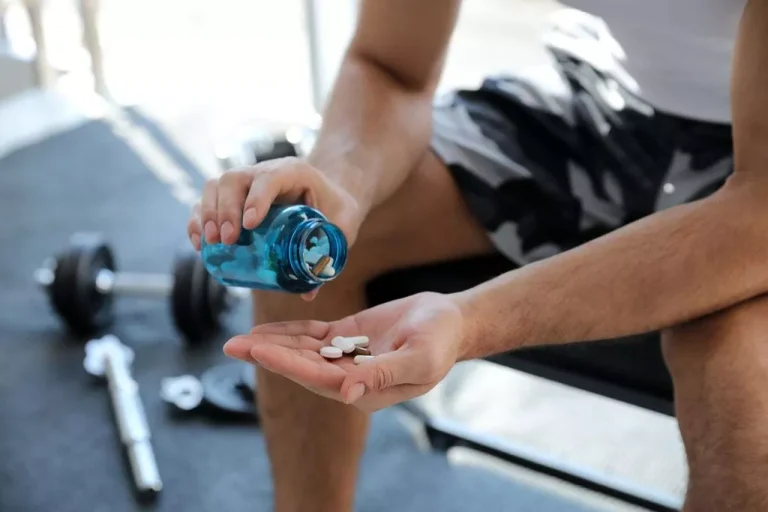
Hidden Dangers of Alcohol Addiction in High-Functioning Individuals
If you wish to quit substance misuse, please consider professional addiction treatment services to receive a full range of interventions that can help ensure a successful recovery. Nutrient deficiencies and blood sugar issues trigger cravings for high-sugar foods like chocolate, candy, or other sweet treats. Heavy drinkers also tend to have low blood sugar, which leads to sugar cravings, according to Silver Maple Recovery, an addiction research center in Ohio. Dr. Weiss encourages people to engage in as many healthy, mood-boosting activities as they can to avoid reaching for candy (or back to alcohol) for a quick dopamine fix. You can reap the benefits of many different feel-good hormones without the use of substances or sugar.
By cultivating a mindful eating practice, individuals can develop a healthier relationship with food and make choices that align with their recovery goals. This approach can help reduce reliance on sugar as a coping mechanism and promote overall well-being. Moreover, sugar has been found to affect neurotransmitters in the brain, such as serotonin and endorphins, which are involved in mood regulation and the experience of pleasure. This can create a cycle where individuals seek sugar to temporarily boost their mood and alleviate withdrawal symptoms from alcohol. Explore effective ways to reduce alcohol use, understand health risks, and discover treatment options.


